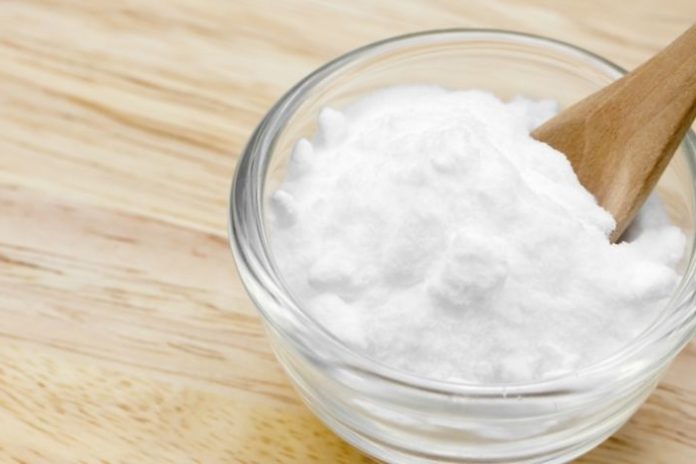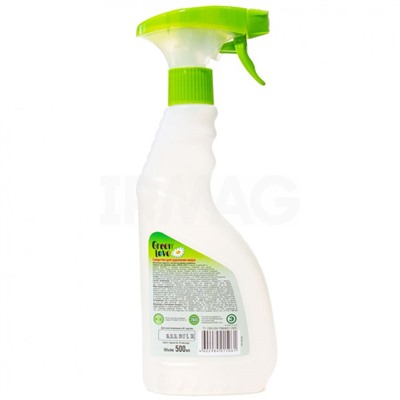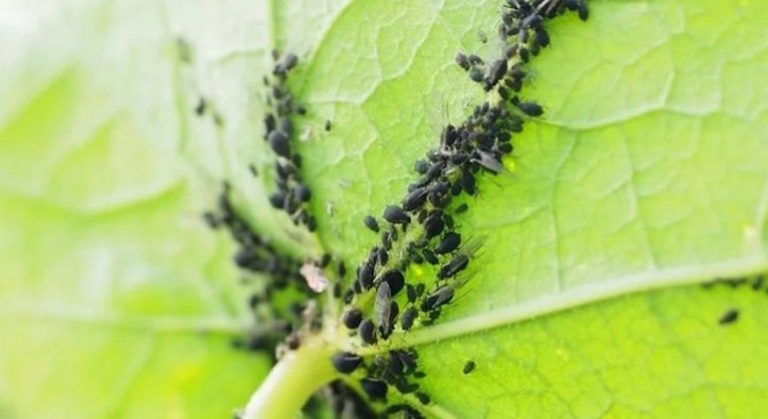Sodium bicarbonate is a substance with many positive qualities, which did not pass by the attention of gardeners and houseplants growers.
Let discuss the questions you have in your mind like; is baking soda good for houseplants? and does baking soda kill bugs on plants? etc. The use of baking soda against diseases, pests has become popular for a long time. Means based on culinary powder do not harm plants, are easy to use, and can be an alternative to store-bought chemicals.

is baking soda good for houseplants?
Yes, baking soda is good for house plants. Baking soda is an effective remedy for powdery mildew. Powdery mildew is a disease that can affect fruit, berry, flower, vegetable crops. A prompt response to the problem will help save the plants.
Expert Advice!
The use of soda solutions is an effective way to cope with a disease that has begun to progress on trees, bushes, and vegetable plants. It is recommended to use the composition for preventive purposes – the risk of infection is minimized.
Want to know about Drainage For Houseplants.
baking soda and vegetable oil for powdery mildew
A combination of baking soda and vegetable oil is a proven way to deal with powdery mildew in 2-5 treatments.
It is recommended to start processing at the first noticed signs of the disease spots covering the leaves of plants.
Preparation:
- Heat the water (1 l), add sodium bicarbonate (30 g) to the liquid.
- Stir the composition, pour in vegetable oil (20 ml).
- To improve the adhesion of the solution, pour in 20 ml of the detergent used in dishwashing.
Fill the garden spray bottle with the solution, process the plants. Irrigate leaves, stems, ovaries, inflorescences.
Use the product every 3-5 days until the disease disappears completely. Apply preventive sprays every week.
baking soda and soap spray for plants

Baking soda, soapy water is the best remedy for a disease that has begun to spread through plants. Preventive spraying should be carried out 5-7 times per season this will prevent infection.
Preparation:
- Grind a bar of laundry soap (use a grater, sharp knife).
- Combine water (5 l), soap powder, stir.
- Add sodium bicarbonate, mix again.
Attention!
Carry out processing, abundantly irrigate the leaves of vegetables, flowers, berry bushes, young trees. It is recommended to spray on a cloudy day, in the evening – the sun’s rays can cause burns.
The use of a soda solution is also recommended for late blight. It will not be possible to stop severe lesions, but in the early stages of the spread of the disease, the agent will have a good effect on the disease.
Check are earthworms good for indoor plants?
is baking soda good for roses?
Roses are queens of flowers, characterized by a capricious character. Improper care, lack of heat, light, nutrients are the main reasons for the lack of growth of flower bushes. Baking soda is a stimulant that can cause the active growth of young powerful shoots.
Preparation:
- Mix ammonia (10 ml), magnesium sulfate (15 g.).
- Add ammonia, sodium bicarbonate (25 g) to warm water (4.5 liters).
- Stir the product, use it immediately, do not store it – some of the beneficial qualities will quickly evaporate.
Carry out the processing on the leaves of roses. Do not irrigate flowers – an aggressive liquid can cause the appearance of ugly gray spots on delicate petals.
Application of the product is recommended every 10-12 days. It is not recommended to stimulate growth in the fall – the plants are preparing to winter, stopping their activity.
See also leafy indoor plants with and without flowers.
baking soda for plants food
Baking soda is an effective way to feed vegetables. Simultaneously with stimulating growth, a liquid based on sodium bicarbonate improves the taste of vegetables (tomatoes, cucumbers, zucchini, beets).
Preparation:
- Pour Baking Soda (50 g) into warm water (3 l).
- Stir the liquid.
- Insist for half an hour.
Irrigate vegetable bushes evenly and abundantly. The recommended processing time is morning, evening hours. Pour the rest of the composition under the root of vegetable bushes.
does baking soda kill bugs on plants?

A remedy in which baking soda is an active ingredient will successfully drive away aphids, slugs, and other pests.
The peculiarity of the use of soda solutions it is recommended to use an alkaline liquid against pests even at the time of fruiting.
Preparation:
- Combine water (500 ml) with sodium bicarbonate (80 g).
- Add wood ash (60 gr.), Mix.
- Insist 2-4 hours.
Irrigate pest-affected plant parts abundantly. It is imperative to process uninfected vegetable and fruit crops in the vicinity such a measure will protect the bushes from insect migration.
Apply the soda composition daily until the pests completely disappear. Preventive treatments are carried out every 6-9 days.
How do you make fungicide with baking soda?
The time for fruiting grapes is the time when plants are affected by gray rot. Fungal disease can affect leaves, whips, fruits.
A composition based on baking soda will help protect the vineyard and respond to infection in a timely manner.
baking soda fungicide recipe:
- Dilute sodium bicarbonate (100 g) in 4 liters of water.
- Stir, pour in liquid soap (35 ml).
- It is not necessary to insist, it is recommended to use it immediately.
To spray the bushes of grapes, it is better to remove the leaves completely affected by gray rot. The number of treatments – at least five with an interval of 2-4
Did you know?
Experienced growers know very well that, simultaneously with the suppression of the spread of gray rot, soda solution has a positive effect on the taste of the fruit. Several treatments with the composition significantly increase the sugar content of the grapes.
how often to water indoor plants in winter?
how to get rid of cabbage caterpillars?
Even chemicals often remain powerless in front of the eternal enemy of cabbage – caterpillars. Gluttonous pests are able to completely destroy a bed of white vegetables in just a week. Regular use of baking soda will help prevent loss of vegetable crops.
The removal of gluttonous pests is carried out in two stages. The first is spraying cabbage plants with a composition based on sodium bicarbonate.
Preparation of the product – mix water (4 l), Baking Soda (130 gr.), Stir until smooth.
Spray generously with cabbage, leave for half an hour.
Sprinkle flour on each treated plant bush. Wait for the product to dry, repeat the process. 2-4 treatments are enough for the caterpillars to prefer to feed in neighboring areas all summer.
Conclusion
Baking soda is a safe, effective remedy that is merciless to pests and plant diseases. The main thing is to find a suitable recipe, regularly apply the compositions, monitor the condition of vegetable, fruit bushes.
There will be no particular difficulties in application even an inexperienced novice gardener can cope with cooking, spraying.
